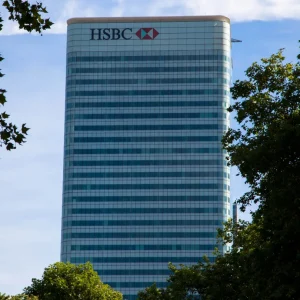The bank conducted the stress test for eight major UK banks and building societies in a bid to assess their resilience to a severe housing market shock and to a sharp rise or snap back in interest rates.
Barclays Bank, Co-operative Bank, HSBC Bank, Lloyds Banking Group, Nationwide Building Society, Royal Bank of Scotland, Santander UK and Standard Chartered were tested as part of the exercise.
The Prudential Regulation Authority (PRA) board judged from an individual-institution perspective and noted that the test did not reveal capital inadequacies for five out of the eight participating banks.
Following the exercise, the board judged that the Co-operative Bank, Lloyds Banking Group and Royal Bank of Scotland as at end-2013 needed to strengthen their capital position further.
Co-operative Bank was the only bank to fail the test and is required to submit a revised capital plan.
The stress-test results and banks’ capital plans jointly indicated that the banking system would have the capacity to maintain its core functions in a stress scenario.
The Bank of England Governor Mark Carney said: "The stress test completes our capital framework by informing judgments about the appropriate size of capital buffers for individual firms and for the system as a whole.
"The results show that the core of the banking system is significantly more resilient, that it has the strength to continue to serve the real economy even in a severe stress, and that the growing confidence in the system is merited."
Based on the review lessons from the exercise, the Bank of England will set out its plans for 2015 to develop the stress testing framework further.






